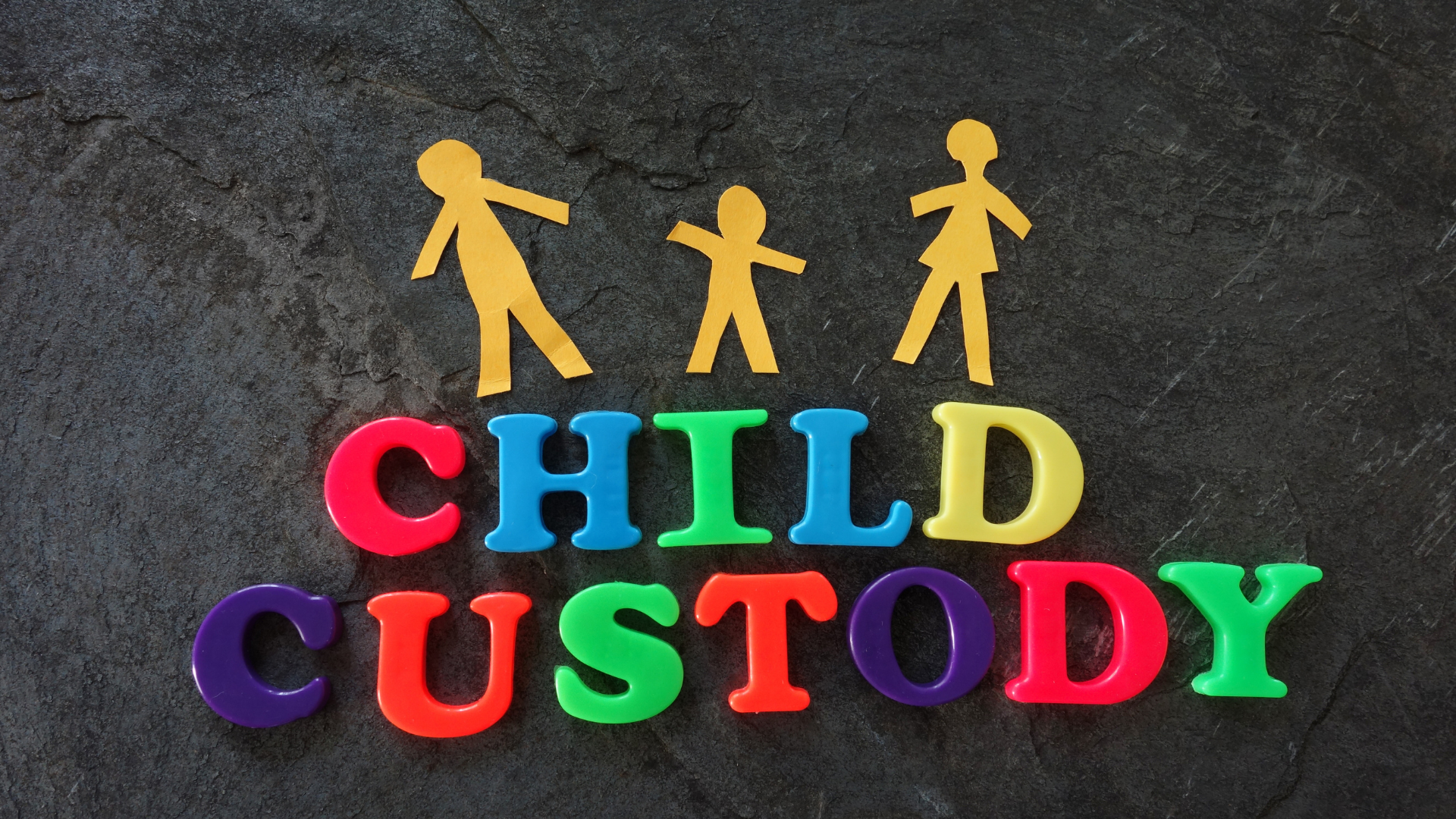Essential Documents Needed for Child Custody Cases
Understanding the documents needed for child custody cases can feel overwhelming at first. When facing a child custody case, having the right documentation can significantly impact the court’s decision about your child’s future. The court’s primary consideration is always the child’s best interests, and proper documentation helps demonstrate how those interests will be served.
As an experienced legal professional, I’ve seen how gathering the right documents needed for child custody proceedings can make a substantial difference in case outcomes. This comprehensive guide will walk you through the most important documentation you need to prepare.
Medical Records and Health Insurance
Your child’s health and well-being are paramount in custody determinations. Having organized medical documentation helps demonstrate your awareness of and involvement in your child’s healthcare needs. Important medical records include your child’s complete medical history, regular check-ups, vaccinations, and ongoing health conditions or treatments.
Documentation of how you’ve handled medical emergencies or ongoing health issues can be particularly relevant. This might include records showing who takes the child to medical appointments, who communicates with healthcare providers, and how medical decisions have been made between parents. If your child has any special medical needs, maintaining detailed records of how these needs are managed becomes even more crucial.
Educational Documents
Among the essential documents needed for child custody, educational records play a vital role in demonstrating your involvement in your child’s development. These records extend far beyond just report cards. Important educational records include documentation of your involvement in your child’s education, such as attendance at parent-teacher conferences. Additionally, communication with teachers and participation in school activities should also be presented.
If your child has special educational needs, include documentation of Individual Education Plans (IEPs) or 504 plans. These documents show your understanding and involvement in addressing your child’s special needs.
Finally, don’t forget records of extracurricular activities. Consider presenting documents relatead to sports, music lessons, or other developmental programs. These documents demonstrate your commitment to your child’s overall growth and development.
Communication Documents
Courts often look favorably upon parents who can demonstrate effective co-parenting communication. Maintaining organized records of all parenting-related communications can provide valuable evidence of your commitment to cooperative parenting. This includes email exchanges, text messages, and any other written communications regarding your child’s care, schedule, or needs.
It’s particularly important to document attempts at reasonable communication and cooperation, even in challenging circumstances. Keep records of how you’ve handled schedule changes, emergency situations, and important child welfare decisions. This documentation can demonstrate your commitment to fostering a healthy co-parenting relationship.
Custody, Parenting and Visitation Records
If you already have any temporary or informal custody arrangements in place, maintaining detailed records of how these arrangements have worked is crucial. Keep a thorough visitation log documenting when you spend time with your child. This documentation should include regular parenting/visitation schedules, holidays, and special occasions.
Documents reflecting any instances where scheduled parenting/visitation time was missed. Don’t forget to include documents related to the reasons for these changes and any communication about them. This information helps establish patterns and demonstrate consistency in your relationship with your child.
Evidence of Parent-Child Relationship
Courts are interested in understanding the quality and nature of your relationship with your child. While this can’t be fully captured on paper, specific documentation can help illustrate your involvement in your child’s life. This might include records of activities you participate in together and evidence of regular communication if you live apart. Any documentation of your involvement in essential aspects of your child’s life is of utmost importance.
Photos and videos can serve as supporting evidence of your relationship, mainly when they show regular involvement in your child’s daily activities, special occasions, and significant life events. However, remember that the quality of the relationship matters more than the quantity of photos.
Documents of Safety Concerns
If there are legitimate safety concerns that could affect custody arrangements, these need to be thoroughly documented. This might include police reports, medical reports, or other official documentation of incidents that raise concerns about a child’s safety or well-being. It’s important to focus on factual documentation rather than emotional accusations.
Tips For Organizing Your Documents
Creating an effective organization system for your custody-related documents is crucial. Consider these practical approaches:
☞ Create a chronological filing system that makes it easy to locate specific documents quickly. Digital copies can provide backup and make sharing information with your attorney more efficient.
☞ Keep a dedicated calendar or log book for recording important events, conversations, and arrangements related to your child. This contemporaneous documentation can be more credible than trying to recall events later.
☞ Make sure all your documentation is factual and objective. Avoid including emotional commentary or subjective interpretations in your records.
Need More Detailed Guidance
While understanding which documents needed for child custody cases is essential, having step-by-step guidance can make the process much more manageable. If you’re looking for comprehensive support in organizing your custody documentation, our video course and downloadable checklists can help.
Get the Essential Child Custody Documents Checklist Course
This comprehensive course includes:
- Detailed video guidance on gathering and organizing your documents
- Downloadable PDF checklists to to assist in gathering and organizing
- Expert tips on presenting your documentation effectively
- Time-saving organization strategies
Don’t let document preparation overwhelm you. Get organized and feel confident about your custody case with our step-by-step guidance.
Closing Thoughts
When preparing documents needed for child custody cases, remember that quality and relevance matter more than quantity. Your documentation should help demonstrate how you can contribute to your child’s well-being, development, and stability. Focus on collecting and organizing documents that show your involvement in your child’s life, your ability to co-parent effectively, and your commitment to meeting your child’s needs.
Remember that while thorough documentation is essential, it’s just one part of the custody determination process. The quality of your relationship with your child and your ability to provide for their emotional and developmental needs are most important. Work closely with your legal representative to ensure you’re gathering and presenting the most relevant documents needed for your child custody case.
Start organizing these documents as early as possible in the custody process. Regular updates and maintenance of your documentation can help ensure you’re prepared to present a clear picture of your role in your child’s life and your ability to serve their best interests.
Frequently Asked Questions
If you're missing certain documents, start by contacting the relevant institutions directly. Schools can provide copies of educational records, medical offices can supply health records, and many documents can be obtained through official channels. Document your attempts to obtain these records, as this shows the court your diligence. If certain documents are truly unavailable, discuss alternatives with your attorney.
Generally, focus on collecting documentation from the past 2-3 years, unless there are significant historical events relevant to your case. Recent documentation carries more weight in showing current circumstances and patterns. However, keep older records that might be relevant to long-term issues or establish important history.
While transparency is important, consult with your attorney before sharing any documentation with the other parent. Your attorney can advise on what should be shared through official channels versus what should be saved for court proceedings. Always maintain copies of any documents you do share.
Yes, electronic communications can be valuable documentation in custody cases. However, they must be properly preserved and authenticated. Save important messages and emails in multiple formats (screenshots, exports, prints), including complete message threads to show full context. Remember that any communications you save can potentially be used by either party.
Focus on recording objective facts rather than emotional reactions or accusations. Note specific dates, times, and events, and include any official documentation like police reports or medical records. If possible, use third-party verification of incidents. Keep your documentation professional and factual, as this approach is more credible in court proceedings.

About Esther
Esther C. Moore is a family law attorney with over 27 years of experience, including high-conflict child custody and divorce cases. As the CEO of All Rise Solutions, LLC, Esther provides coaching, online courses, and resources to help individuals navigate the legal system when dealing with complex family law matters. Coach Esther is committed to empowering individuals with the knowledge and tools they need to protect their rights.






